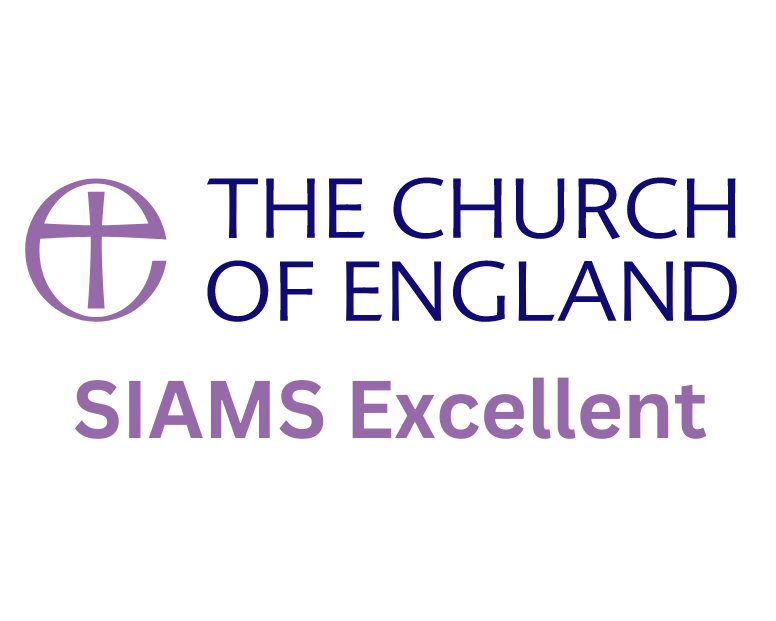Chemistry
| Exam Type: | Linear 2 year A-Level |
| Exam Board: | AQA |
About the Course
You will stimulate and sustain your interest in, and enjoyment of chemistry. You will also gain greater knowledge and understanding of chemistry and to appreciate the inter-linking patterns present in the subject.
The course shows the relevant application and value of chemistry to society and how it may be used responsibly. You will have the opportunity to develop your skills in laboratory procedures and develop your ability to acquire knowledge by means of practical work.
The course also provides opportunities for you to bring together knowledge of how different areas of chemistry relate to each other.
NB: Students will need to purchase a lab coat and wear this during practical lessons.
It is expected that students will have achieved a GCSE Grade 7 or above in combined Science or Grade 7 in Chemistry. During the course, students will be expected to handle and interpret data so it is also expected that students will have achieved a GCSE Grade 6 in Mathematics.
The topics covered include:
Physical
- Atomic structure
- Amount of substance
- Bonding
- Energetics & Thermodynamics
- Kinetics and rate equations
- Chemical Equilibria, Le Chatelier’s principle and the equilibrium constant
- Redox, electrode potentials and electrochemical cells
- Acids and Bases
Inorganic
- Periodicity
- Group 2 (Alkaline Earth Metals)
- Group 7 (Halogens)
- Period 3 elements
- Transition metals
- Reactions of ions in aqueous solutions
Organic
- Naming organic compounds
- Alkanes
- Halogenoalkanes
- Alkenes
- Alcohols
- Organic Analysis
- Optical isomerism
- Aldehydes & Ketones
- Carboxylic acids and derivatives
- Aromatic Chemistry
- Amines
- Polymers
- Amino Acids, proteins and DNA
- Organic Synthesis
- NMR & Chromatography
By examination
All assessments will be by examination
A-Level
Paper 1: Assessed on any content from Inorganic and Physical Chemistry, including relevant practical skills. (35% of A-Level)
Paper 2: Assessed on any content from Organic and Physical Chemistry, including relevant practical skills. (35% of A-Level)
Paper 3: Assessed on practical skills from all topics. (30% of A-Level)
A-Level Chemistry teaches a wide variety of skills which can be applied to many scientific and non-scientific fields.
Typically, after A-Level Chemistry students go on to further study and careers in Medicine and other health professions, Chemical Engineering, Environmental Science, Biomedical Sciences, Sports Science, Pharmacy, Biotechnology, Law and many more.






